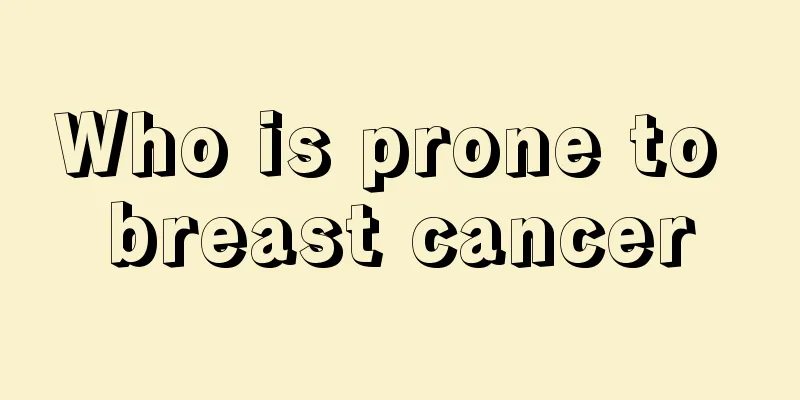What are the dangers of extracorporeal lithotripsy for kidney stones?

|
Many people choose extracorporeal lithotripsy to treat kidney stones, especially patients who are sensitive to surgery. It is safe and effective. However, extracorporeal lithotripsy also has certain side effects. After the operation, there will be mild colic, hematuria, fever, bloody stools and other symptoms. These are generally caused by friction with the surrounding mucosal tissue during the lithotripsy process, but they will recover after a period of rest. What are the dangers of extracorporeal lithotripsy for kidney stones? 1. Colic: It is more common in kidney stones and is usually mild. It can be relieved by symptomatic treatment with antispasmodics and analgesics. If the kidney stones are too large and accumulate in the ureter after lithotripsy, blocking the ureter, the stones can be crushed again at the site of accumulation. 2. Hematuria: After extracorporeal shock wave lithotripsy, almost all patients will experience hematuria of varying degrees, with kidney stones being the most common. Hematuria is caused by the friction between the stones and the surrounding tissue mucosa during the lithotripsy process, which causes mucosal damage, stone fragments slightly scratching the mucosa when moving during excretion, and edema and bleeding caused by shock waves. Generally, hematuria is mild and the blood is light red. No special treatment is required and it will improve and disappear on its own within 1 to 2 days. 3. Fever: It is mostly caused by uncontrolled urinary tract infection and lithotripsy, or urinary tract obstruction due to lithotripsy accumulation. Antibiotic treatment should be given, and bacterial culture and drug sensitivity test should be performed to select antibiotics when necessary. 4. Blood in stool: If too much gas accumulates in the gastrointestinal tract during treatment, the shock wave may damage the gastrointestinal mucosa and cause intestinal wall bleeding. Generally, the bleeding is mild and can heal on its own without special treatment. Cleaning the intestines before treatment can reduce intestinal gas accumulation and avoid damage. 5. Accumulation of gravel in the ureter (stone street): This is a common problem after lithotripsy for larger stones. If stones accumulate in the ureter after lithotripsy and cause obstruction, extracorporeal shock wave lithotripsy can be used to relieve the obstruction, and ureteroscopy can be used to remove the stones if necessary. 6. Renal parenchymal damage: Generally, renal damage is mild and can recover quickly without leaving scars. 7. Recurrence of stones : This is mostly due to the failure to remove the factors that cause stones, or the leaving of some residual stones that are not completely expelled, as well as the embedding of broken stones in the mucosa. Prevention is the main method of prevention and control. |
<<: Is there any harm in hair transplantation? Is there any harm in hair transplantation?
>>: What are the hazards of light wave rehabilitation therapy device
Recommend
What methods and channels are used to examine breast tumors?
As we all know, the incidence of breast tumors ha...
What to do if you have stomachache after eating too many dates
Red dates are a very common health product in our...
What causes constant bloating in the stomach?
There is always bloating in the stomach. Although...
Are there any side effects of electrotherapy
Nowadays, medicine is developing rapidly. When pe...
How to effectively prevent your baby from having a red butt
When the baby is young, because all aspects of de...
There are white spots on the inside of the palm
The white spots on the palm of your hand are usua...
Who are the patients who are susceptible to lung cancer?
Who are the patients susceptible to lung cancer? ...
What are the methods for preventing and controlling diseases in goslings
Goslings are also called goslings. They have a re...
What is the effect of earlobe bloodletting
Earlobe bloodletting is a medical method with a w...
Types of Rhinoplasty
Many women choose larger beauty salons when they ...
What is the method of saline breast augmentation injection?
Nowadays, there are various breast enhancement me...
Can paraquat cause pulmonary fibrosis
Some people may accidentally ingest paraquat. In ...
Is nasopharyngeal carcinoma hereditary? How to treat nasopharyngeal carcinoma
Is nasopharyngeal cancer hereditary? How to treat...
Can advanced liver cancer be cured? How to treat advanced liver cancer?
When liver cancer is in the late stage, there wil...
Feeling cold in the stomach
Many people feel uncomfortable in autumn and wint...









